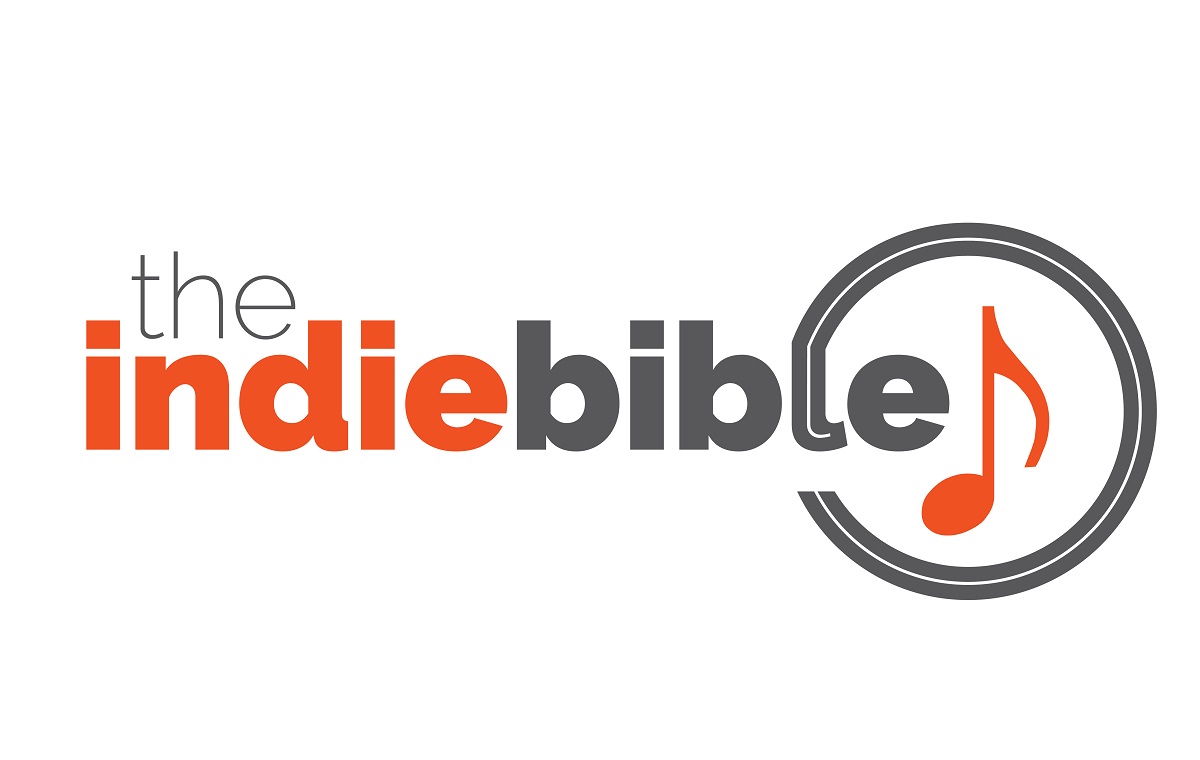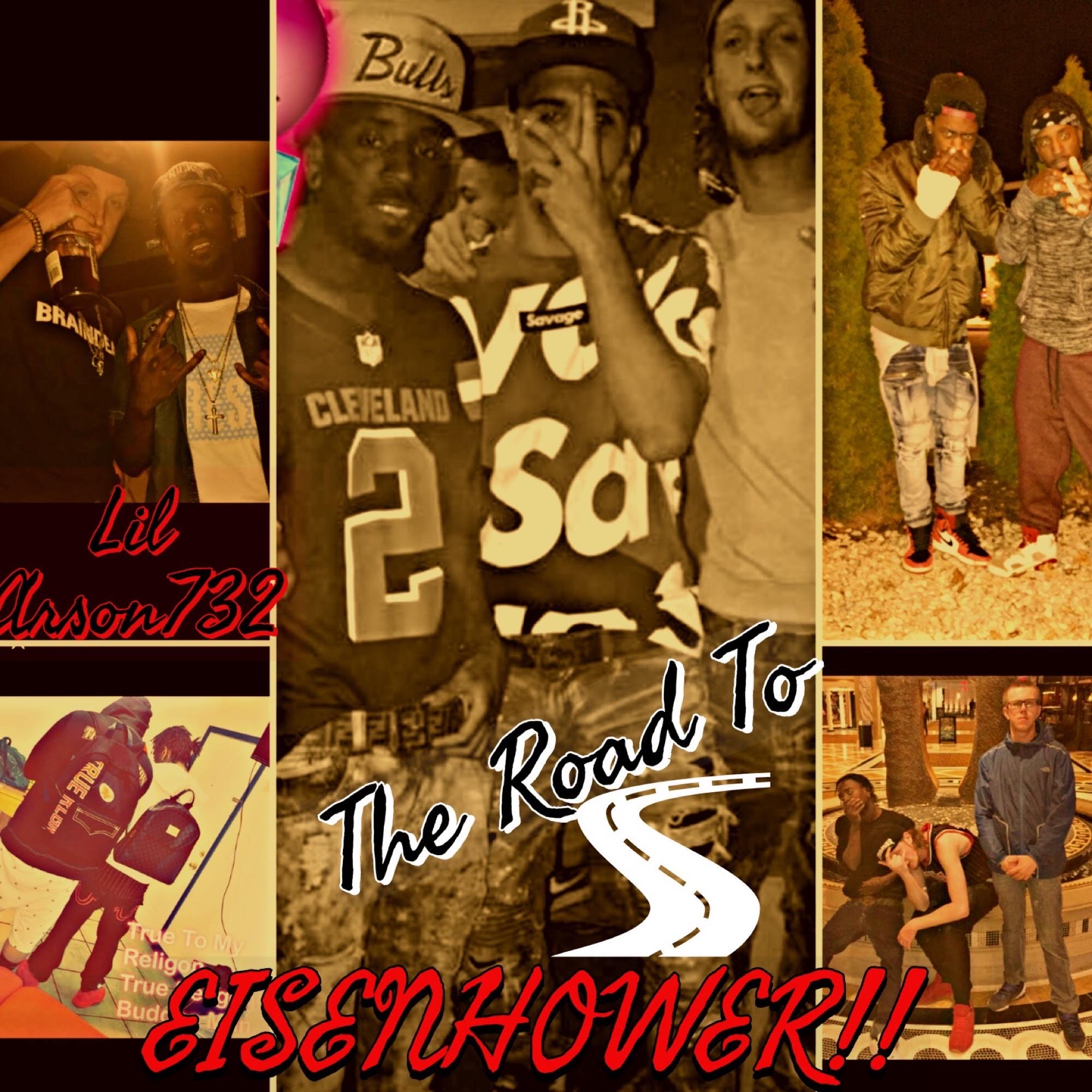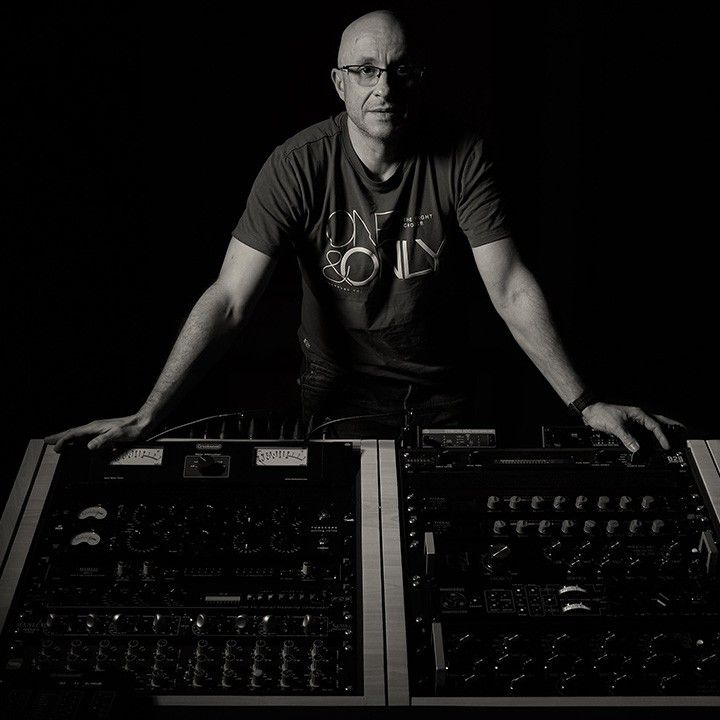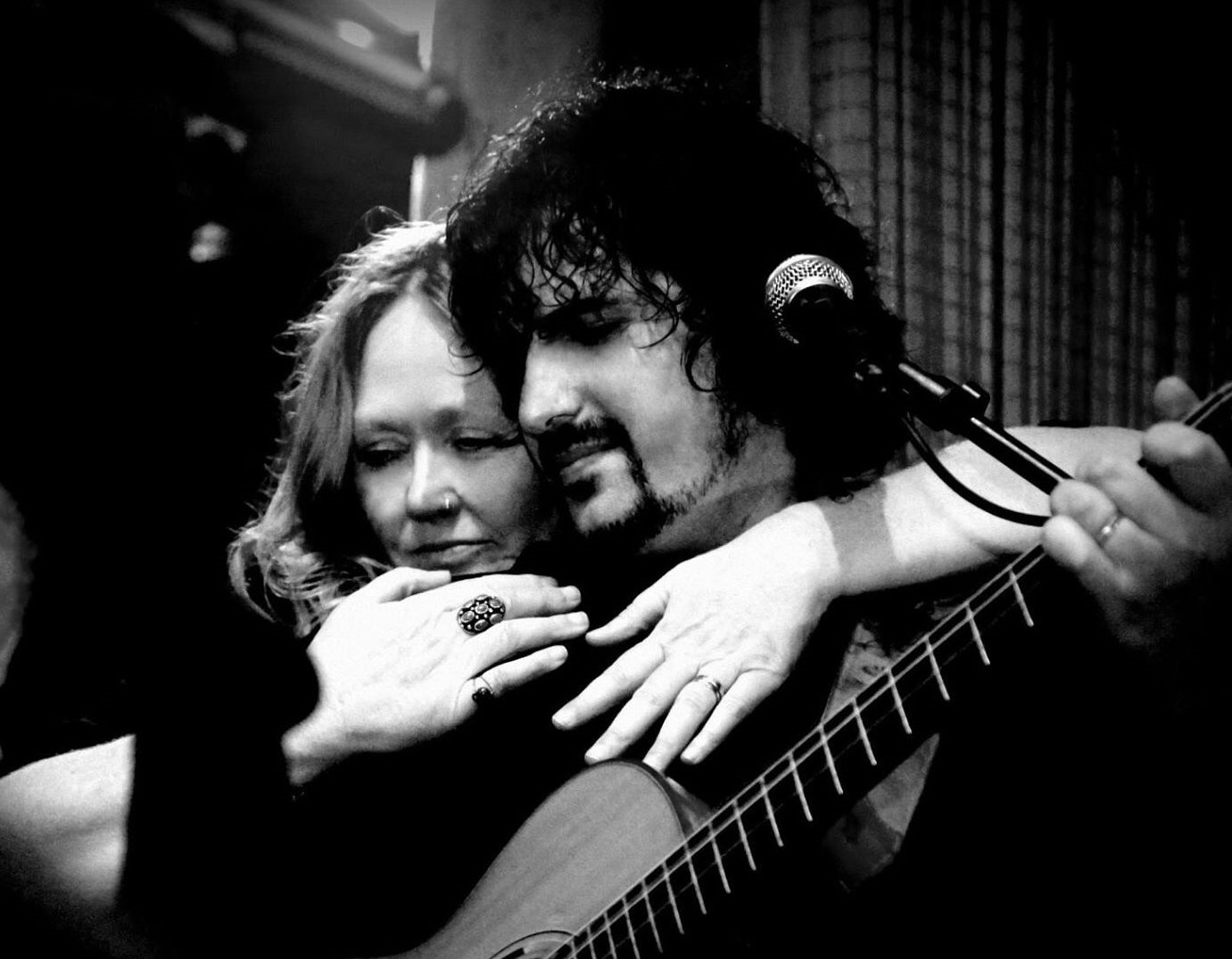The Indie Bible is Here to Help You Promote Your Music!
You have probably heard about the Indie Bible – it bravely names itself “The World’s Most Comprehensive Resource for Independent Artists!” and it’s been around for almost two decades. A few days ago we were able to talk to David Wimble – the man who started it all and he told us about how the idea came, how he sees the music industry right now, and what are the best ways for a musician to make money from his music.
Tell us more about yourself and your accomplishments so far – the Indie Bible is quite the resource for every indie musician!
As is the case with a lot of things in life, the Indie Bible was created totally by accident.
In 1999 I was in the process of recording my first CD. During the last months of recording, I started searching the internet for places that might help the CD to get some attention – radio stations that would play my songs, publications that would review the CD etc. I wanted to be prepared so that there would be a lot of places to send the CD to once it was pressed and ready to go.
When I started out, I knew almost nothing about the internet and what could be found on it. You have to remember that 1999 is like a million years ago in internet time. Dial-up was still the norm. High speed was just starting to enter into the picture.
I began my search suspecting that I could find at least a few websites where I could gain some some sort of exposure for my music. I began my research, and it wasn’t long before a “massive” new world opened up to me. The number of places online that were willing to help Independent artists was mind-boggling!
I spent hours every day finding places that I could send my CD to in order to get a review or airplay. I was happily surprised to also find a lot of online services that were willing to help sell my music. I stored all the information about the various services I was finding in a spreadsheet. It wasn’t a very well thought out system. It was a simple system that helped me to keep notes on who I sent my CD to and when. After a few months of research I had accumulated 1000 contacts or so.
When the recording of the CD was finally finished, the band I was building (and planning on touring with) broke up. I was heavily in debt, so the idea of trying to form another band, and then tour around, was not very practical. I needed to start paying off some of the bills, and selling a few CDs a week wasn’t going to cover the expenses. I also knew that if I was to try and put a new band together, there was no guarantee that it would last long enough to get any momentum going.
Then the “life-changing” thought struck me. During the whole time I was researching throughout the internet, I was wondering why I couldn’t find some sort of directory that lists the addresses of all the helpful websites for independent musicians. There had to be one somewhere, but I couldn’t find anything anywhere? I did purchase a few resources that I found in my research, but when they arrived in the mail, I was disappointed. The resources I bought looked like they had been thrown together very quickly.
Under the pressure of this financial crisis, I wondered how practical it would be for me to publish a resource that would list all these places I’d been finding (in some sort of order). It would be a resource that would enable musicians and songwriters to avoid spending the incredible number of hours it took me to find the contacts in the first place.
I asked the opinion of a musician I had met from Boston, and she said it was a great idea and that I would probably sell a lot of them. That’s all I needed to confirm my belief that such a resource was needed. It was at that moment that the “Indie Contact Bible” was officially born. From that point on I began to consciously research information that would be added into this new resource I was about to create.
I also realized that if I was to succeed at publishing this resource, I would need to include “all” genres of music, not just resources for the styles of music that I enjoyed listening to. That took some adjusting, but it turned out to be a lot of fun because many new worlds opened up to me because of it.
The first edition came into being in October of 1999. It was a very low budget book that was photocopied and had a plain white cover. Fortunately for me, even though the book was as simple as it gets, the value shone through to those that were trying to get exposure for their music. People that bought it just loved it, and the feedback was incredible!
Some earlier admirers that because friends in the business were music book authors Jeri Goldstein, Diane Rapport, Tim Sweeney and Daylle Deanna Schwartz. Derek Sivers, founder of CD Baby and Maurice Balin, then owner of Discmakers, were also big fans and supporters.
We’ve managed to survive all the hills and valleys that are unavoidable in the music business, and are coming up to our 20th year in service.
We know you are in the music industry for quite some years now, what is the music industry going to look like in the years ahead, according to your perspective?
I can’t really perceive any massive changes. There’s only so much you can do with sound, and I think we’ve reached that limit. There will be different streaming websites popping up, and new social media platforms, but I really can’t imagine anything radical occurring. Music is all about delivering sound waves to people’s ears. We had the vinyl era (which is making a comeback), 8-tracks, cassettes, CDs, and then the digital/streaming boom. Unless someone figures out a way to insert a song right into a person’s head, I can’t imagine any industry-changing invention on the horizon.
How is music distribution changing in the recent years, especially in regards to surging vinyl sales and the prominence of streaming? How are big companies like Spotify, iTunes, Amazon reshaping the market?
It’s all about the transformation from physical delivery to digital delivery. I think there is always going to be a physical dimension – CDs, vinyl, whatever … but with the easy access that the digital format allows, it’s hard to imagine the physical rising back to the top. When I’m doing research and I find a song that I like, I can add it IMMEDIATELY to my iTunes playlist. I don’t have to go to the store … and more importantly, I don’t have to buy an entire CD or record just to get that one tune.
What are the biggest obstacles for an indie artist to get properly promoted, and how does your work help address them?
Money and time will always be the two biggest factors. What we’ve done is absorbed the bulk of the TIME element by putting in an insane number of hours finding services that are willing to listen to independent music. Radio stations, blogs, labels etc. This also helps with the MONEY aspect, because artists can so a lot of the promotion on their own instead of shelling out big bucks for a marketing/promotional services. These services are still needed, but artists now have the ability to create a really good base before they pursue the more expensive options. In fact, a lot of services won’t even take on clients that haven’t created some sort of solid foundation.
What are the main ways for musicians to make money off their music nowadays? What does it take to “make it” in the music industry today? Is “hard work” enough, because it doesn’t feel like so?
Hard work is essential, but it has to be targeted. Assuming your music is good, what you want to do is create as many opportunities as you can. Don’t pound away at one thing with all your strength, spread it around a bit.
The ideal way to gain exposure would be to get your music on TV, in a movie, video game or commercial. I was fortunate enough to get my music on a lot of TV shows. There’s no better feeling because the highest praise an artist can receive is to have a producer or music supervisor select their music over all the other music ever created for their current project.
Anyone that plays live will tell you the MERCH is a huge cash generator. CDs, downloads, t-shirts, coffee mugs … anything to bring in the dough.
Some artists have done well on iTunes. I had dinner with an electronic artist in New York one time, and for some unknown reason his music caught on and he received a check for $10,000.
Social media and newsletters are also helpful.
There are a lot of tools at hand. My advice would be to use as many as you can to help the overall process of making enough for a good living.
What one piece of advice would you give from your experience to every aspiring indie musician out there?
Do a little bit every day to advance your career. Don’t get overwhelmed by the numbers. Send an e-mail, make a phone call, sign up for a free service or social media platform, do some social media work. Do something … every day! Especially when things seem hopeless.
What do you think of Drooble as a resource for independent musicians?
Drooble is one of the many tools that musicians have at their disposal. It’s free, so there’s no reason not to take advantage of its ability to help an artist and their music gain more valuable exposure. As I eluded to before, you basically have no idea where your “breaks” are going to arise from. The key is to create as many opportunities as you can.







